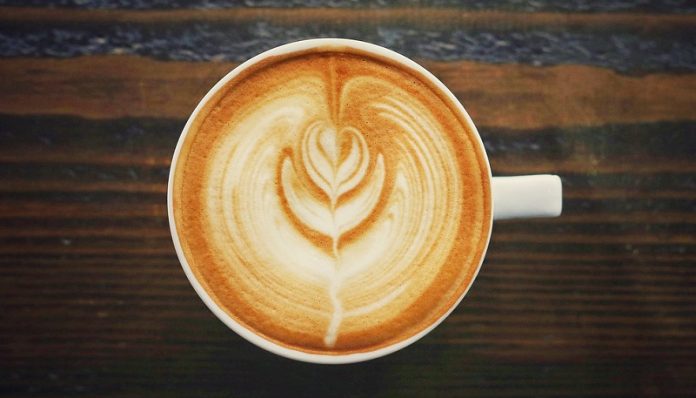
Scientists from Stanford and elsewhere found that drinking coffee is not linked to high blood pressure risk in older women.
Coffee is a very popular beverage in the world.
Coffee contains a number of useful nutrients, including riboflavin (vitamin B2), niacin (vitamin B3), magnesium, potassium, and various phenolic compounds, or antioxidants.
Some experts suggest that these and other ingredients in coffee can benefit the human body in various ways.
Some studies found that caffeine may cause a short, but dramatic increase in your blood pressure, even if you don’t have high blood pressure.
It’s unclear what causes this spike in blood pressure. The blood pressure response to caffeine differs from person to person.
So far how coffee and caffeine affect people’s risk of high blood pressure remains unclear.
In this study, researchers aimed to examine the impact of caffeinated coffee, decaffeinated coffee, and total caffeine intakes on high blood pressure in older women.
They tested 29,985 older women who had no high blood pressure before the study.
The team used self-reported questionnaires to test the type and amount of coffee and total caffeine intake in participants.
High blood pressure status was checked via measuring blood pressure and self-reported drug-treated hypertension.
The team found that in these women, the average intakes of caffeinated coffee, decaffeinated coffee, and caffeine were 2-3 cups/d, 1 cup/d, and 196 mg/d, respectively.
During the follow-up, 5566 cases of high blood pressure were reported.
The researchers found neither caffeinated coffee nor caffeine intake was linked to systolic or diastolic blood pressure.
But decaffeinated coffee intake was linked to a small decrease in diastolic blood pressure and not to systolic blood pressure.
Blood pressure readings are given in two numbers. The top number is the maximum pressure the heart exerts while beating (systolic pressure).
The bottom number is the amount of pressure in the arteries between beats (diastolic pressure).
The team also found that caffeinated coffee, decaffeinated coffee, and caffeine were not linked to high blood pressure risk.
These findings suggest that caffeinated coffee, decaffeinated coffee, and caffeine are not risk factors for high blood pressure in older women.
The research is published in The American Journal of Clinical Nutrition and was conducted by Jinnie J Rhee et al.
Copyright © 2022 Scientific Diet. All rights reserved.








